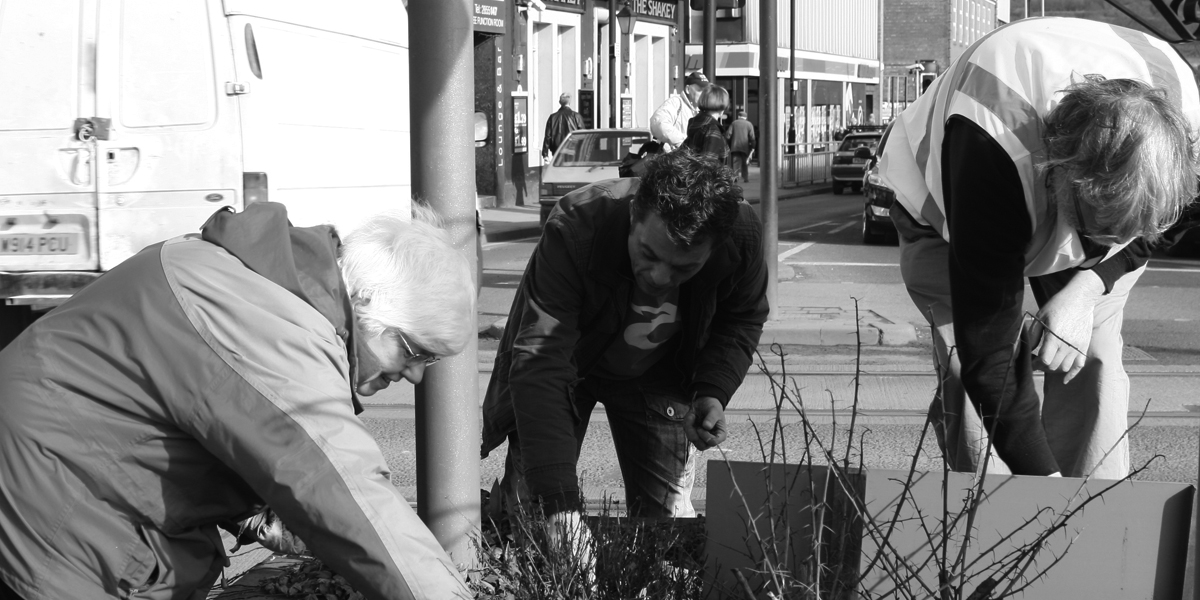Organise!
The forthcoming general election will be fought in a radically redefined political context from the last: the UK government is in coalition, Labour is determined to be a one-term opposition for the first time in 40 years and the post-war...
The forthcoming general election will be fought in a radically redefined political context from the last: the UK government is in coalition, Labour is determined to be a one-term opposition for the first time in 40 years and the post-war economic settlement, in which one generation does better than the last, is under threat. Campaigning itself is also being revolutionised: it is continuous, faster, online and more democratic.
But in 2014, it’s game-on for Labour. The Conservatives’ comparative advantages are dwindling. The rise of digital communications means the right wing-dominated print press is no longer the force it was and money doesn’t bring the benefits it once did, even in 2010. Today, people-to-people engagement is more important than ever – especially the closer it gets to election day.
Our task, which this pamphlet brilliantly addresses, is to revolutionise our communications just as we did under Peter Mandelson the 1980s. Where we once had ‘Excalibur’, Labour’s intelligence gathering machine that kept tabs on national and international news, we now prioritise rapid rebuttal online; where we once relied exclusively on expensive billboards, we can now use social media and community organising to engage and communicate with people.
In essence, the next election campaign – led by Douglas Alexander and Spencer Livermore – will be based on traditional campaigning through 21st century means.
Organisationally, we are taking digital seriously, with, for the first time, a standalone digital taskforce for the next election. Our website is tailored specific to users, our reach is being extended to millions and through audio and video we are communicating in new ways. Vitally, however, this is mutually supportive of our field operations, as demonstrated with our ‘Cost of Cameron day’ campaign where we campaigned in each of our 106 key seats and reached over one million people on Facebook alone.
Taking a lead from Obama campaigns over the last decade, a quiet revolution has begun in the way Labour is readying our communications to fight the next election. We don’t plan to fight 106 different campaigns in our key seats, but more like 400,000 individual campaigns based on the approximate number of people that will determine the winner of those seats. Today we require more data and information, more understanding of what drives people to vote and a psychological move away from the simplistic ideas of the past where we send out mass mailings and leaflets with the same content across the country. We need to reach voters in ways that are in line with their values, aspirations and everyday lives.
Our response under Iain McNicol’s leadership has been to empower our regions with more staff. Following evidence that seats in 2010 which had had a trained, paid organiser for 12 months before polling day experienced higher swings to Labour, we are investing earlier in organisers. There are 7 valuable ideas in this pamphlet that can support this, whether on recruiting volunteers, designing community-led campaigns, making the most of Contact Creator and Mosaic or developing skills within constituency Labour parties.
This is part of a necessary, wider modernisation of our politics. Ed Miliband is determined to reform the union link to open up our politics and strengthen our relationship with individual members. A primary for the London mayoralty will expand engagement. Better selections, with a code of conduct for candidates and spending limits, will enhance trust in politics, as will our commitment to preventing MPs from having second jobs.
As Miliband has said, the 2015 election will be a “change” election, just as was the case in 1979 or 1997, ushering in a new era of economic and political transformation, rewriting orthodoxies and resetting the national outlook. With Miliband’s vision of an economy that works for working people, Labour can define that change, but we will only be able to modernise the country if we continue to innovate internally. Labour will always seek new ways to deliver change locally and that must start with a more reciprocal and responsive politics led by our activists, which is why this pamphlet is so important.
